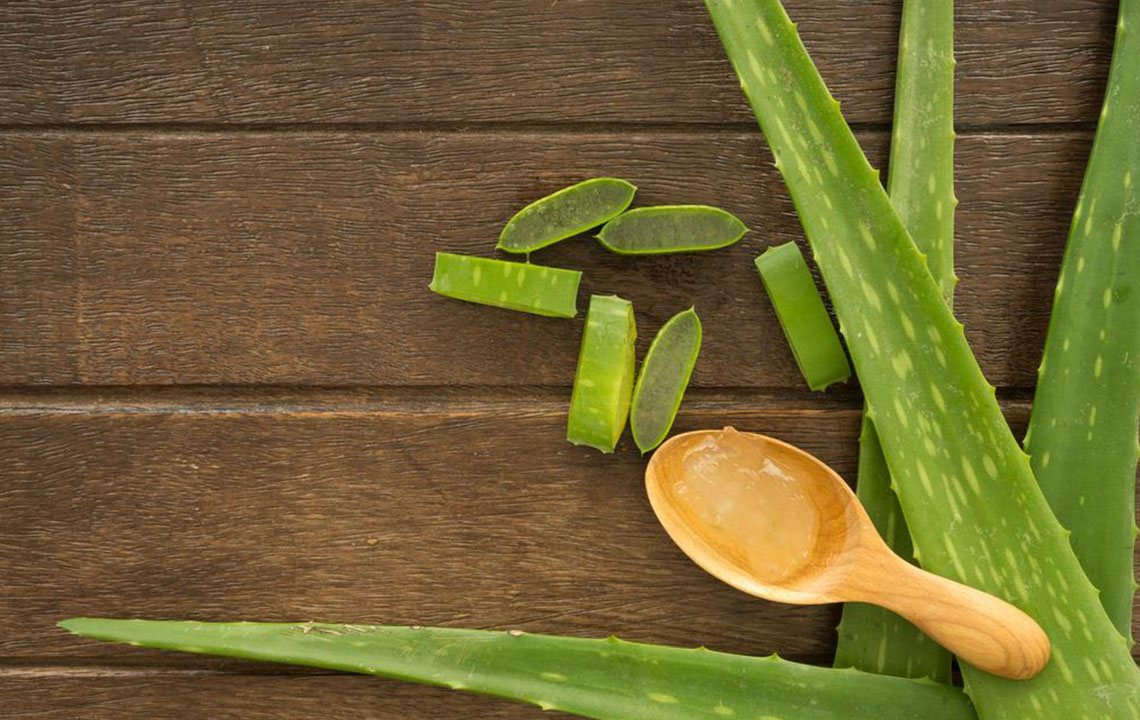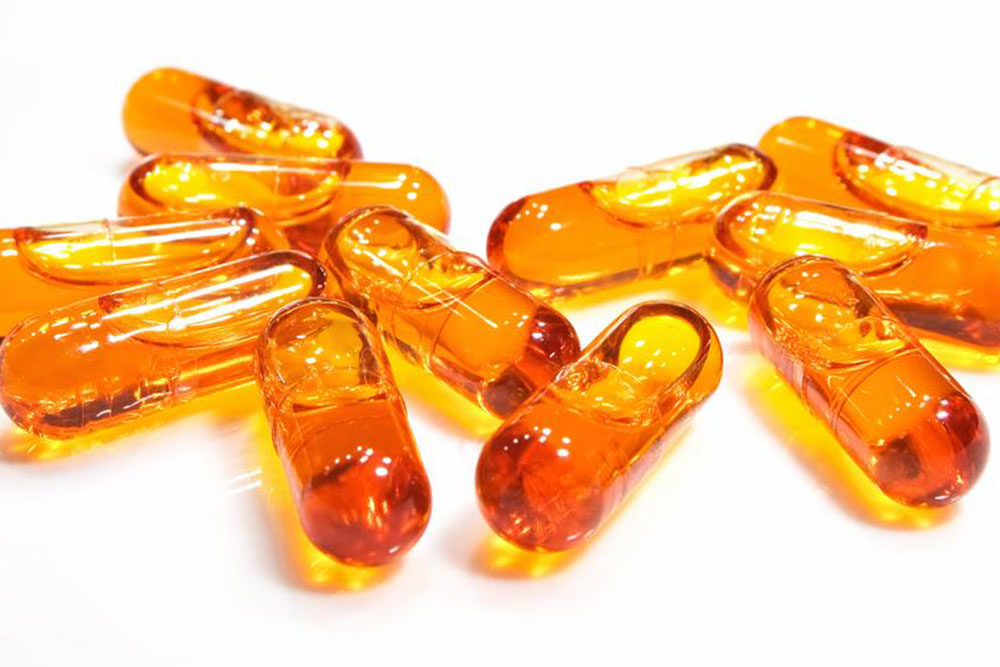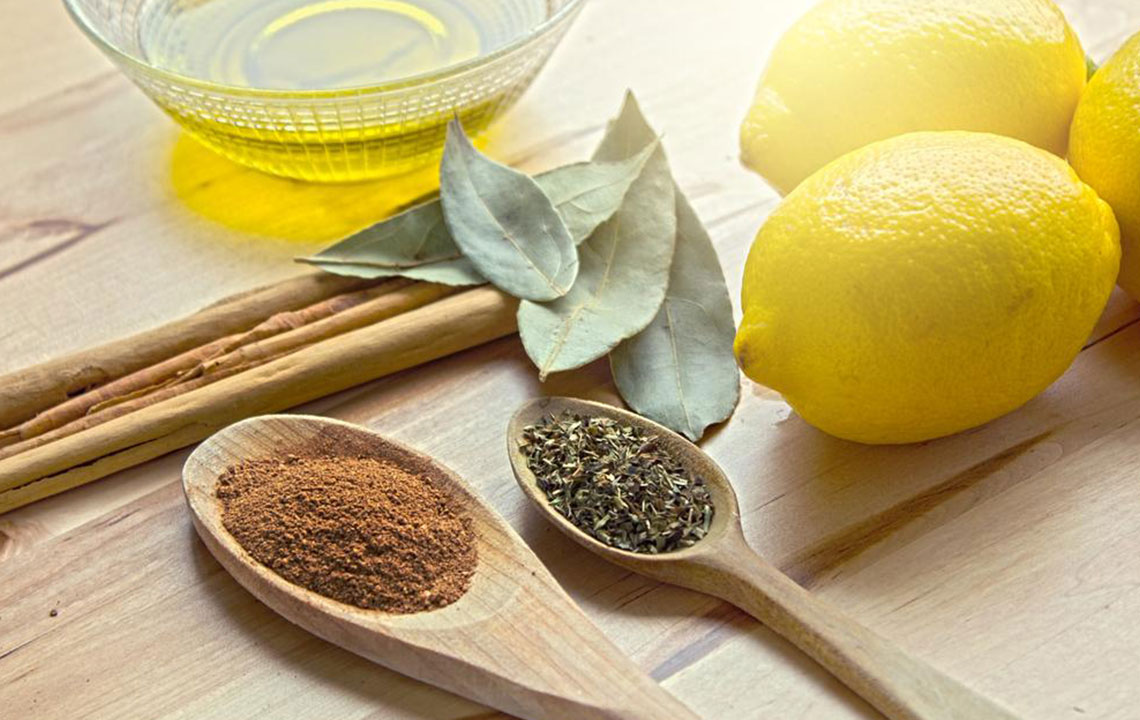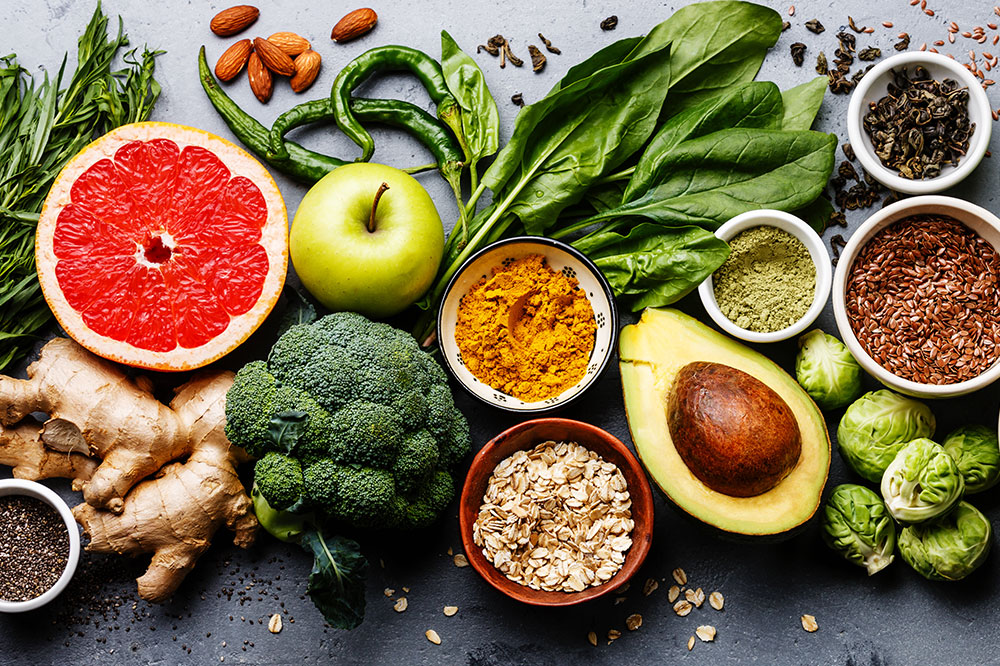Understanding Prostate Enlargement: Symptoms and Natural Treatments
This article explores the causes, symptoms, and natural remedies for prostate enlargement, emphasizing dietary changes, herbal supplements, and the importance of medical consultation. Suitable for men experiencing early signs of BPH, it offers practical insights for managing symptoms naturally and effectively, promoting prostate health in aging men.
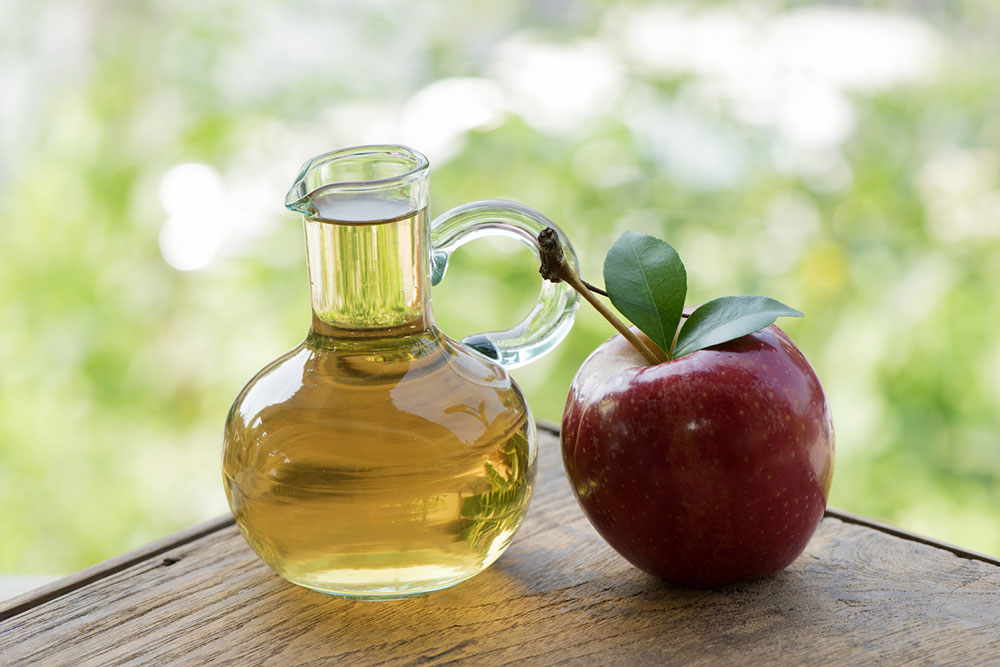
Understanding Prostate Enlargement: Symptoms and Natural Treatments
The prostate is a small, muscular gland involved in male reproductive health. Roughly half of men in their 60s experience prostate growth, with the risk increasing to 90% by age 85. Early signs include frequent nighttime urination. This condition, known as Benign Prostatic Hyperplasia (BPH), occurs when prostate cells multiply, pressing against the urethra and hindering urine flow. Understanding causes and exploring natural remedies can help manage this common age-related issue effectively.
Causes of Prostate Enlargement
Prostate enlargement, or BPH, is a widespread condition among aging men, especially those over 80. Its precise cause remains unclear, but hormonal shifts with age may play a role. Genetic factors and testicular health also influence risk. Men who have had testicular removal are less likely to develop BPH. Overall, age-related hormonal changes and genetics significantly contribute to prostate growth.
Signs and Symptoms of BPH
Recognizing early symptoms of BPH is essential for timely intervention. Initial signs tend to be mild but can worsen over time. Key warning signs include difficulty emptying the bladder completely, increased urination frequency at night, weak urine stream, sudden urges to urinate, dribbling after urination, burning sensation during urination, and presence of blood. Prompt medical consultation is crucial if these symptoms occur, as early treatment can prevent complications.
Natural Approaches to Managing Prostate Enlargement
Dietary Choices That Support Prostate Health
Research indicates that diets rich in leafy greens and fruits can help reduce BPH risk. Tomatoes, in particular, contain antioxidants beneficial for prostate health. Combining various fruits and vegetables in your diet contributes to managing symptoms and preventing worsening of prostate enlargement.
Stinging Nettle
Stinging nettle is a popular natural remedy for BPH. Though its leaves can cause irritation, its root is used medicinally to support prostate health, especially in Europe. Combining nettle root with supplements like saw palmetto or pygeum may enhance effectiveness in alleviating prostate symptoms.
Pygeum
This extract from the bark of an African plum has been traditionally used to treat urinary issues. While evidence is limited, some studies suggest pygeum helps with bladder emptying and urine flow, making it a useful natural option for BPH management.
Beta-Sitosterol
A plant-derived compound, beta-sitosterol is known to improve urinary flow and reduce BPH symptoms. Its fatty nature makes it effective in strengthening urine movement and easing discomfort.
Saw Palmetto
Saw palmetto, derived from a palm-like tree fruit, is one of the most established herbal remedies for prostate health. Extensive research supports its role in alleviating BPH symptoms, making it a popular natural treatment choice.
Despite being labeled natural, consulting a healthcare professional before using any remedy is essential to avoid adverse effects. Proper guidance ensures safe and effective management of prostate enlargement.

